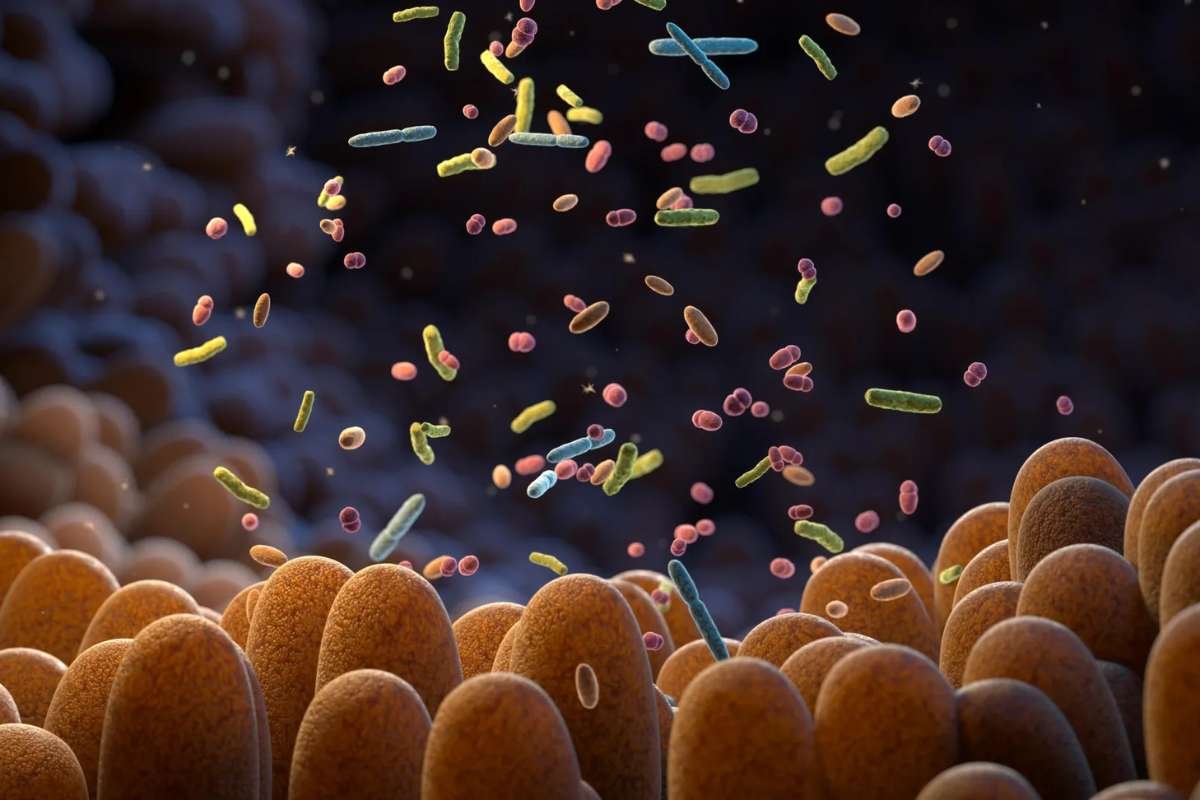Source-news-medical.net
Understanding the Study
New research sheds light on the vital role played by gut bacteria in the development of immune tolerance during early life. The study, led by researchers at the College of Engineering, focused on investigating the impact of the neonatal gut metabolome on immune tolerance in infants. By examining neurotransmitters in the neonatal small intestine of mice, the study aimed to uncover the mechanisms underlying immune tolerance against gut bacteria and oral antigens.
Key Findings
The study revealed that serotonin, a neurotransmitter known for its role in regulating gut motility and mood, plays a crucial role in immune tolerance during early life. Surprisingly, it was found that neonatal gut bacteria, rather than epithelial cells, are the primary source of serotonin in the neonatal gut. This neurotransmitter was found to enhance immune tolerance by promoting the differentiation of regulatory T cells, which are essential for maintaining immune homeostasis.
Implications and Future Directions
These findings have significant implications for understanding the development of immune tolerance and its impact on gastrointestinal disorders. The study identified Rodentibacter as a key bacterium involved in serotonin production in the neonatal gut. Moving forward, researchers aim to further explore the contribution of gut microbiota to early-life immune tolerance and investigate the effects of antibiotic treatment on neurotransmitter availability in the neonatal gut. Additionally, future research will focus on identifying serotonin receptors or transporters that mediate the effects of serotonin on T cells.
In conclusion, the study underscores the importance of gut bacteria in shaping immune tolerance during early life. By elucidating the mechanisms by which serotonin influences T cell metabolism and immune response, researchers hope to pave the way for novel therapeutic approaches for gastrointestinal disorders and other immune-related conditions in infants.
More on Gut Bacteria: The Secret Potential of Gut Bacteria: Adapting to Oxygen-Free World







